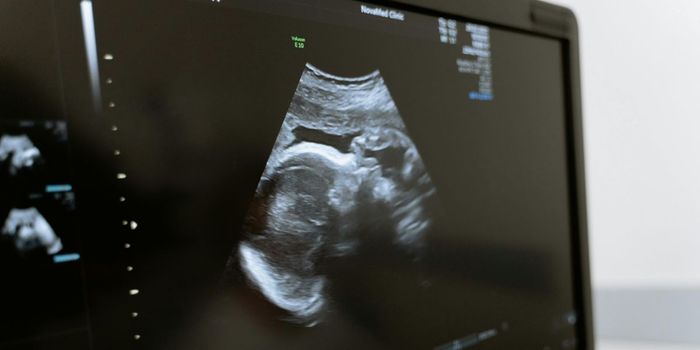Spaceflight Linked to Short and Long Term Neurological Changes
The brain undergoes short-term and long-term changes following time in space. The corresponding study was published in Nature.
The human brain adapts to new environments via neuroplasticity. Until now, however, little has been known about how brains cope in extreme environmental conditions, such as a change in gravitational forces. Knowing more about this is important for considering long-term spaceflight missions to the International Space Station (ISS) or future missions to Mars.
To understand more about how being in space for extended periods of time may affect the brain, researchers examined magnetic resonance imaging (MRI) data from 14 astronauts in a resting state before, shortly after, and eight months after spaceflight.
“We found that connectivity was altered after spaceflight in regions which support the integration of different types of information, rather than dealing with only one type each time, such as visual, auditory, or movement information,” Postdoctoral Researcher Steven Jillings and Prof Floris Wuyts from the University of Antwerp, both authors of the study, in a press release.
“Moreover, we found that some of these altered communication patterns were retained throughout eight months of being back on Earth. At the same time, some brain changes returned to the level of how the areas were functioning before the space mission," they added.
In the paper, the researchers wrote that it is ‘somewhat surprising’ that connectivity changes in the brain sustained for at least eight months following a space mission, given that space travelers functionally readapt to Earth’s environment in a matter of days to weeks. They noted, however, that sustained changes may indicate a learning effect, whereas transient changes may suggest a readaptation after returning to gravitational levels on Earth.
The researchers cautioned that their findings might be limited due to their small sample size, although additionally noted that this is inevitable as very few people travel to space. They further noted that post-flight MRI scans occurred an average of nine days after re-entry, meaning they could not necessarily detect changes before this point.
Sources: Neuroscience News, Nature









